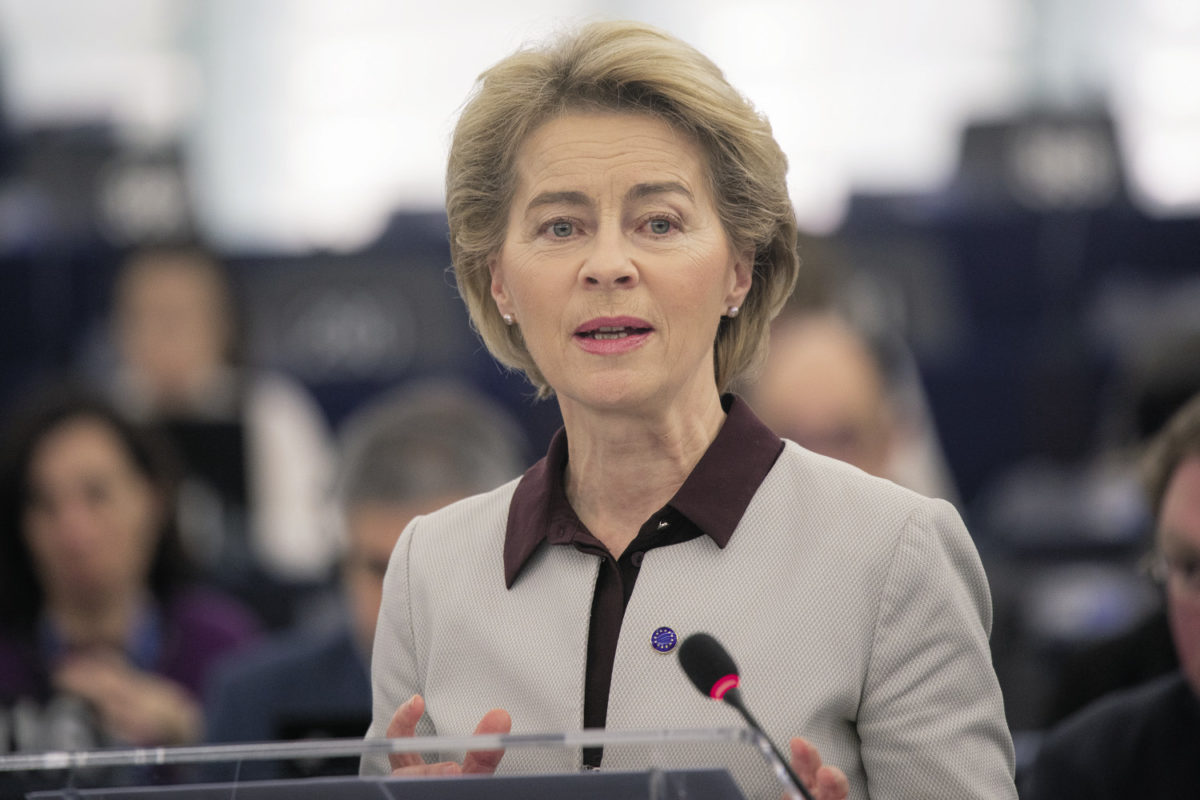Twenty companies have signed a letter to the European Commission, calling for a shift in European industry policy and protections for the electrolyzer industry, while Germany and Morocco have signed a declaration to establish a joint climate and energy alliance.
NEL, Topsoe, and Sunfire have written a letter to the European Commission, asking it to promote a shift in European trade, competition, and industry policy. Seventeen other manufacturers – including John Cockerill, Siemens Energy, and Thyssenkrupp Nucera – signed the letter, which argues that China’s support for its hydrogen companies has created a “skewed playing field.” They said this is negatively affecting European electrolysis technology production and original equipment manufacturing. “Green hydrogen projects in China are generally carried out by state-owned entities, allowing Chinese companies to go through extended periods of operational loss and supporting capacity expansions via zero-interest government loans,” said the companies in the letter.
Scatec, Echem, and Mopco have agreed on heads of terms for renewable ammonia offtake from Egypt with Yara Clean Ammonia, the world’s largest ammonia trader. The three companies, two from Egypt and one from Norway, will develop and build up to 480 MW of renewable energy and a 240 MW electrolyzer facility for the production of renewable hydrogen, which will be used as feedstock for the production of renewable ammonia at Mopco’s existing ammonia production facility in Damietta, Egypt. “The targeted production capacity is up to 150,000 tons of renewable ammonia per annum,” said the Oslo-based company.
BP has agreed to join a consortium comprising Masdar, Hassan Allam Utilities, and Infinity Power to explore the potential development of a multi-phase green hydrogen (gH2) project in Egypt. “BP will act as the main developer and operator of the project on behalf of the consortium,” said Masdar.
Höegh-LNG and Deutsche ReGas have agreed in principle to work on the “H2-Import-Terminal Lubmin.” The terminal, planned to be in operation from early 2026, will be the world’s first floating import terminal for the industrial-scale conversion of green ammonia to green hydrogen. “The terminal will be the world’s first floating green ammonia cracker, producing around 30,000 tons of hydrogen per year that will be fed into the hydrogen core network via the existing feed-in point at the Deutsche ReGas Terminal in the port of Lubmin,” said Deutsche ReGas, the operator of the only privately financed LNG terminals in Germany.
Germany and Morocco have signed a declaration in Berlin to establish a joint alliance for climate and energy. “The new partnership focuses on increased cooperation in climate adaptation, the expansion of renewable energies, and the production of green hydrogen,” said the German government, underlining the wind and solar potential of the North African country. “This cooperation will continue in the further development of the climate alliance with Morocco.”
Universal Hydrogen has gone bust, “burning through the $100 million it raised from investors,” reported The Seattle Times. The newspaper said that the company’s CEO, Mark Cousin, told employees that the California-based hydrogen aviation pioneer was unable to secure sufficient equity or debt financing. The company also tried to secure an offer for the sale of the business.
This content is protected by copyright and may not be reused. If you want to cooperate with us and would like to reuse some of our content, please contact: editors@pv-magazine.com.

